H2Accelerate is a collaboration with the aim to accelerate the use of hydrogen as a fuel for heavy duty road transport in Europe. The group is comprised of hydrogen suppliers Linde, TEAL Mobility, and TotalEnergies, and vehicle OEMs Daimler Truck AG, Hyundai Hydrogen Mobility, and the Volvo Group.
Daimler Truck AG is focusing on hydrogen-powered fuel-cells for the electrification of its vehicles for flexible and demanding long-haul transport. It aims to achieve ranges of up to 1,000 kilometres and more without any stops for refuelling. In April 2021, the truck manufacturer began to conduct rigorous tests of the first new enhanced prototype of its Mercedes-Benz GenH2 Truck, which was unveiled in 2020. Customer trials are scheduled to begin in 2023. The first series-produced GenH2 Trucks are expected to be handed over to customers starting in 2027. Also in April 2021, Daimler Truck AG and Volvo Group officially launched their new fuel-cell joint venture cellcentric.
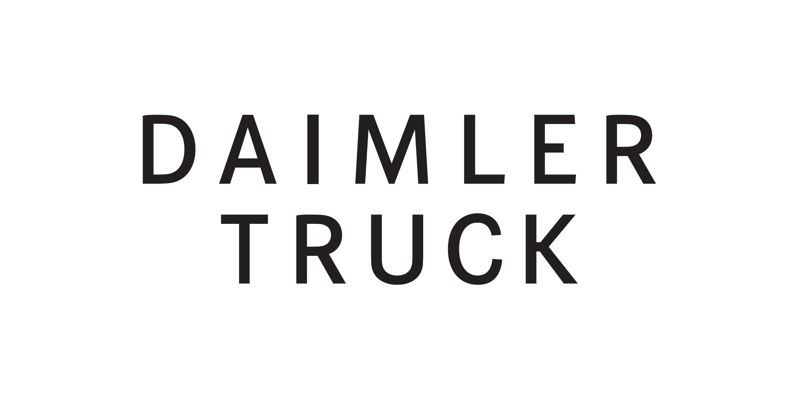
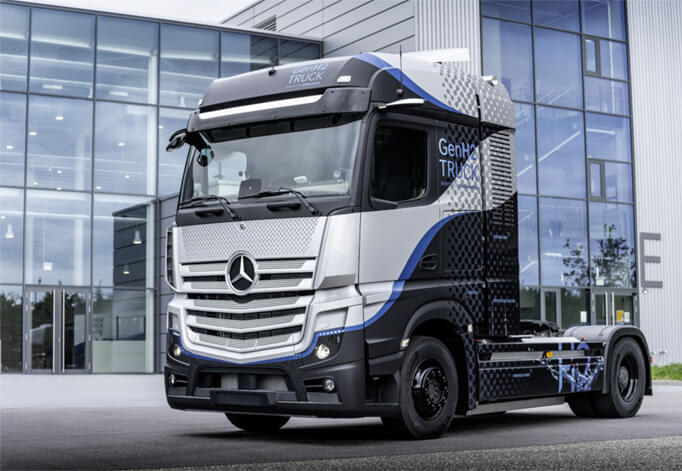
Hyundai Hydrogen Mobility AG (HHM) was announced at the IAA in September 2018 as a joint venture between Hyundai Motor Company in Korea and the Swiss company H2 Energy. The company was founded in June 2019 and is based in Zurich, Switzerland.
This was followed in April 2022 by the founding of Hyundai Hydrogen Mobility Germany GmbH (HHMG), based in Munich. HHMG is a 100% subsidiary of Hyundai Hydrogen Mobility AG. Since May 2025, HHM is a full subsidiary of Hyundai Motor Company.
Hyundai Hydrogen Mobility is committed to an environmentally friendly and sustainable future for mobility and the associated system partners. We see the decarbonization of heavy goods transport as an important step in this direction.

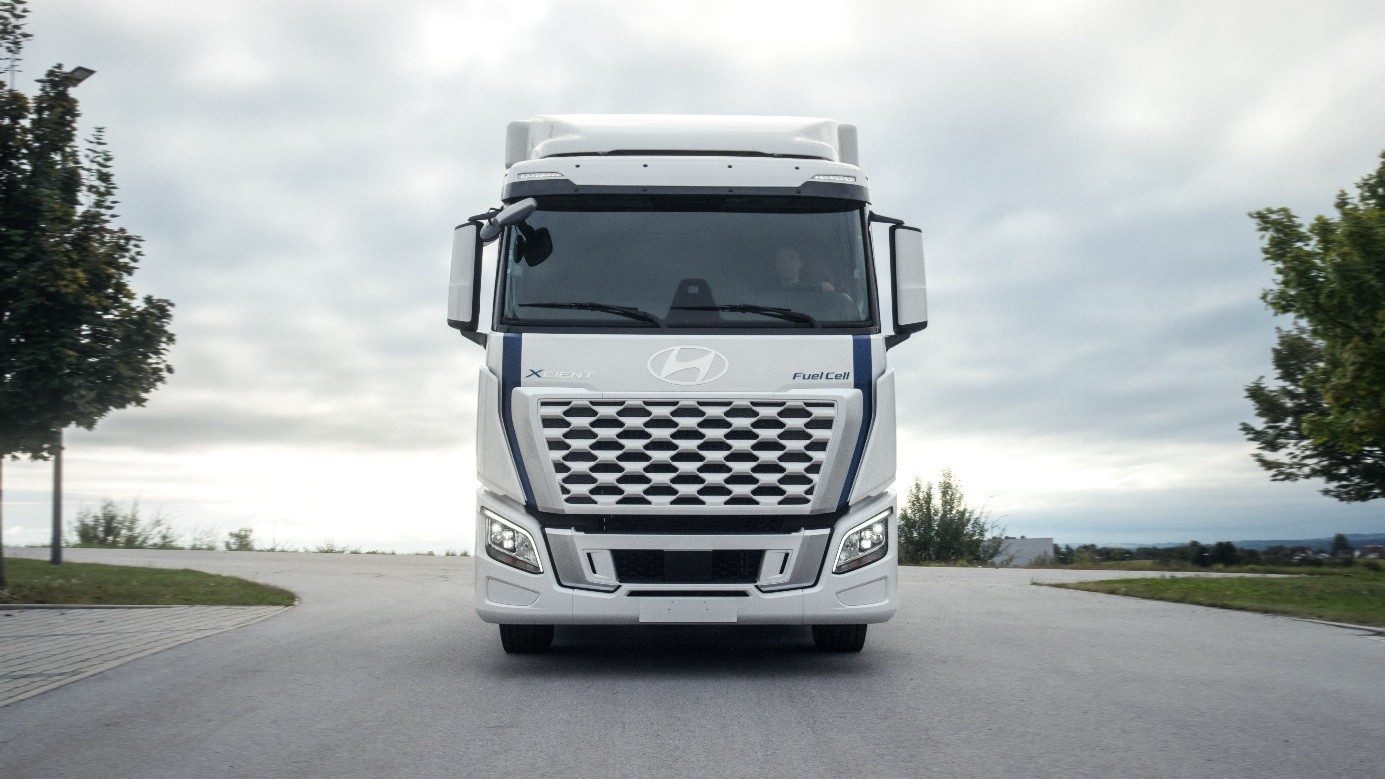
Linde is a leading global industrial gases and engineering company serving a variety of end markets including chemicals & refining, food & beverage, electronics, healthcare, manufacturing and metals. The company has been in the hydrogen business for over 100 years and was one of the first to look at using hydrogen for decarbonizing mobility in the 1970’s. Over the years Linde has invested over $6.5 bn in developing its hydrogen business and today this generates around $2.2 bn of revenue globally.
Linde covers the full spectrum of the hydrogen value chain, from production and processing to storage and distribution. The company has the largest liquid hydrogen production capacity and distribution system in the world and operates a pipeline network of approximately 1,000 kilometers globally to reliably supply its customers. With close to 200 hydrogen fueling stations and 80 hydrogen electrolysis plants worldwide, Linde is actively contributing to the transition to clean energy through its expertise, extensive network and infrastructure.
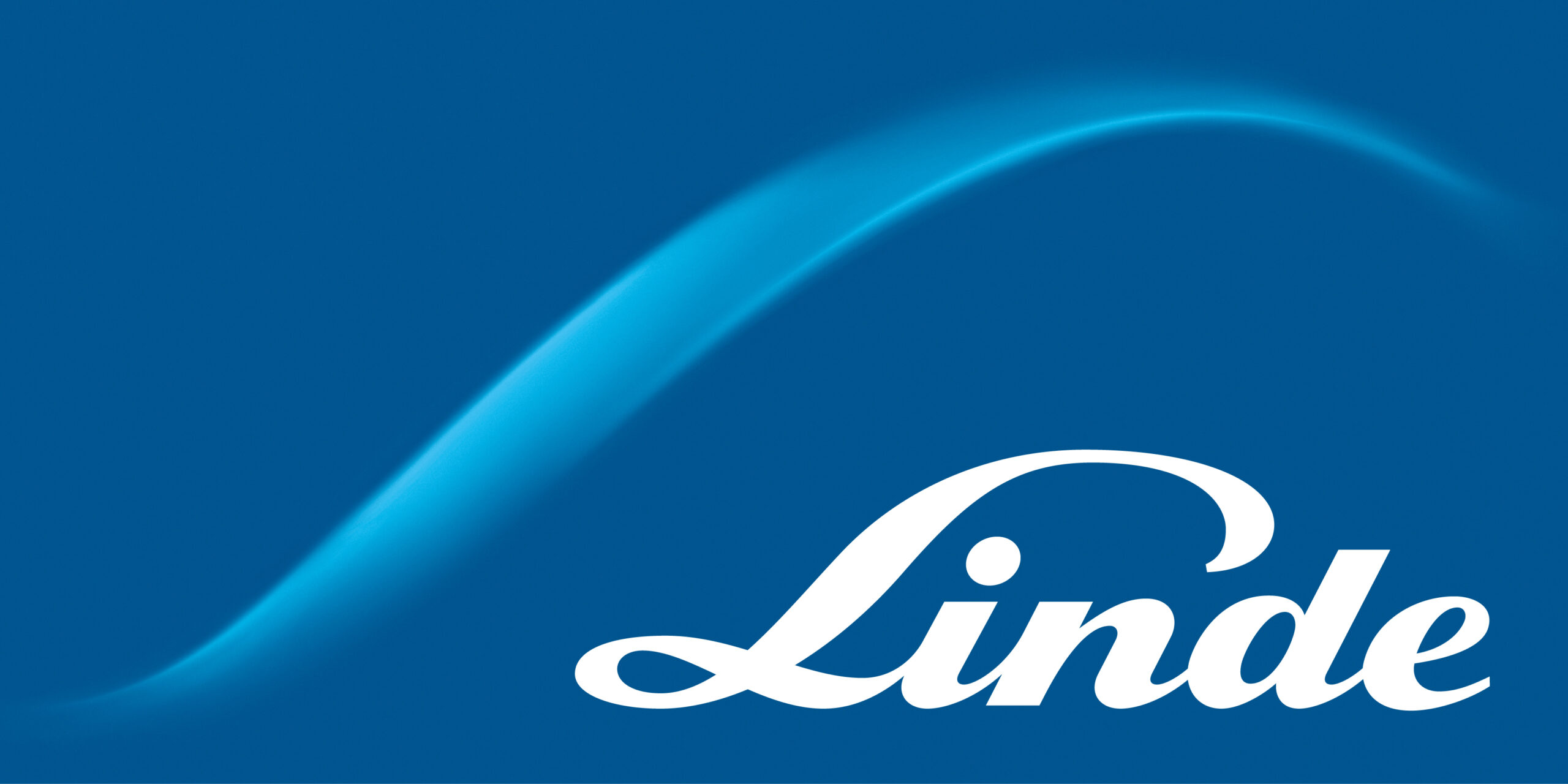
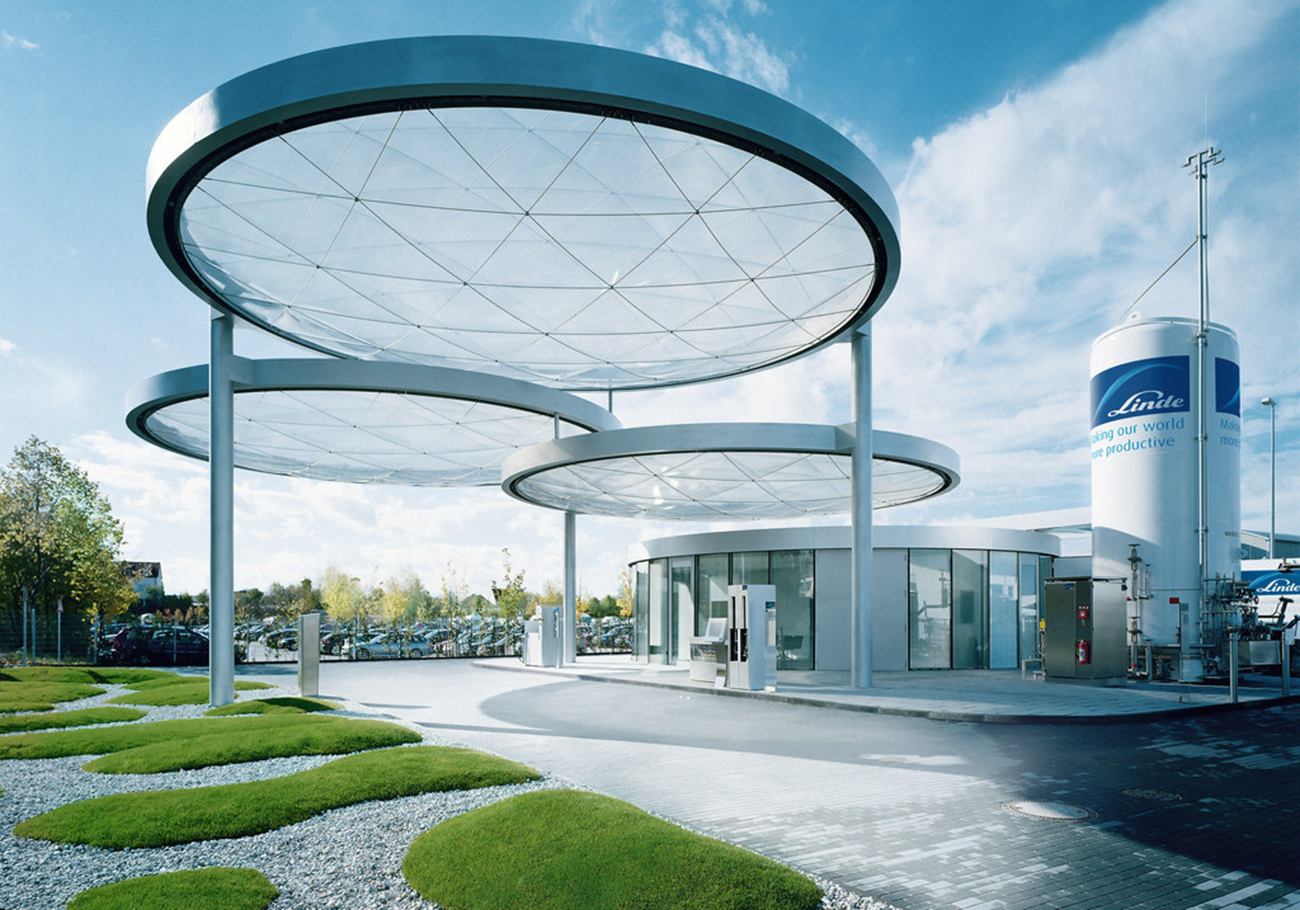
At TEAL Mobility we share the conviction that hydrogen is a formidable energy vector to meet the challenges of road transport and an essential element in achieving carbon neutrality rapidly.
We are convinced that the transport sector has a key role to play in the energy transition. And hydrogen represents one of the main alternatives to conventional fossil fuels. Running FCEV cars, buses, trucks while emitting only water vapor: nothing is impossible for the smallest of atoms, which is also the most abundant element in the universe.
We invest, construct, and operate stations to distribute hydrogen to customers in Europe. Our goal is to deploy more than 100 hydrogen stations for heavy duty vehicles on major European road corridors over the next 10 years.
TEAL Mobility operates its hydrogen service stations network under the TotalEnergies brand. TEAL Mobility uses TotalEnergies trademarks under a licence.
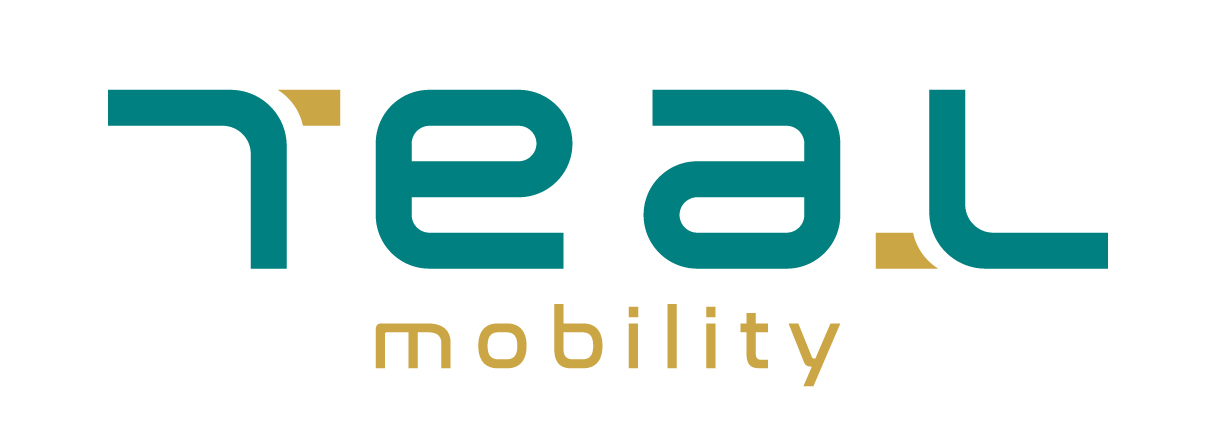
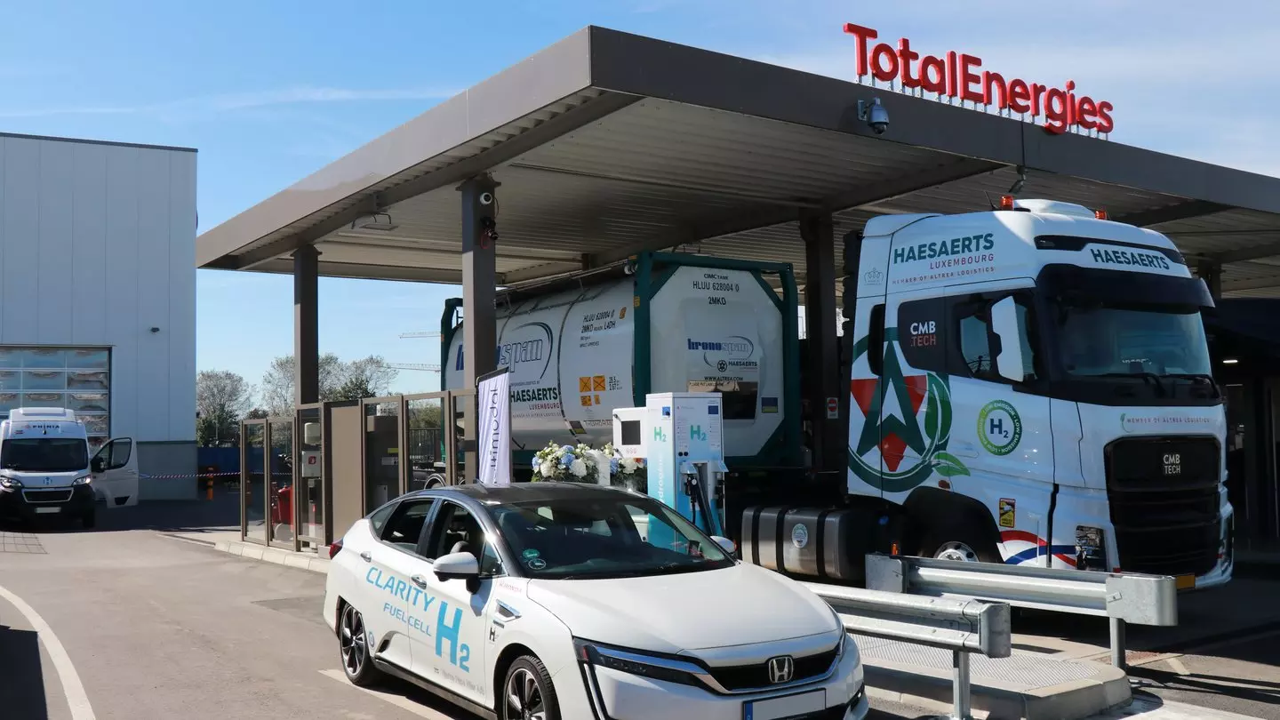
TotalEnergies is a broad energy company that produces and markets energies on a global scale: oil and biofuels, natural gas and green gases, renewables and electricity. Our 105,000 employees are committed to energy that is ever more affordable, clean, reliable and accessible to as many people as possible. Active in more than 130 countries, TotalEnergies puts sustainable development in all its dimensions at the heart of its projects and operations to contribute to the well-being of people.
TotalEnergies is looking into the production of clean hydrogen and has been working for several years on the development of concrete use cases, for the decarbonization of industrial processes as well as in mobility and gas. TotalEnergies is notably involved as industrial user, within its refineries, and as a player in its development as a fuel especially in Germany with H2 Mobility.
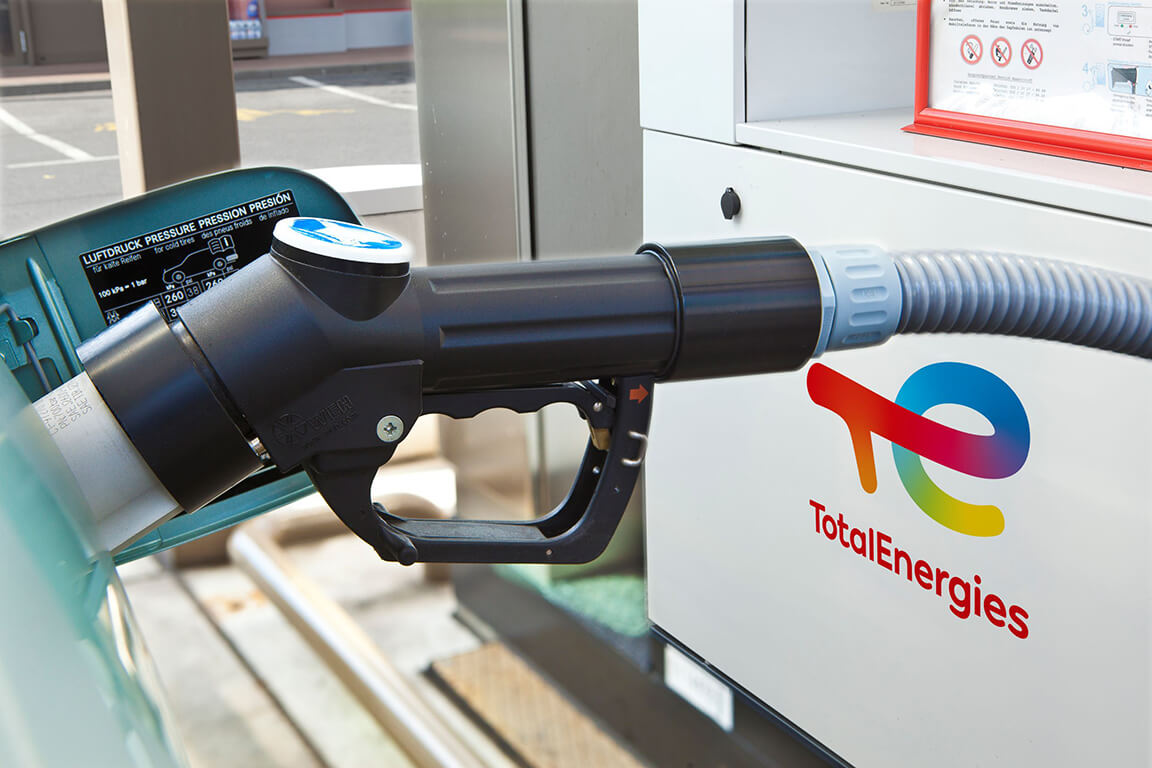
Volvo Group’s ambition is that 100% of our products are fossil fuel free enabled from 2040. There will be a gradual shift into electric, both battery and fuel cell electric. For use cases with heavier loads or longer distances, hydrogen fuel cells will be an important technology. The two technologies complement each other and both will be needed in order for us to build the sustainable transport system of tomorrow. In April 2021, the Volvo Group and Daimler Truck AG launched a fuel-cell joint venture cellcentric which will develop, produce and commercialize fuel-cell systems.

